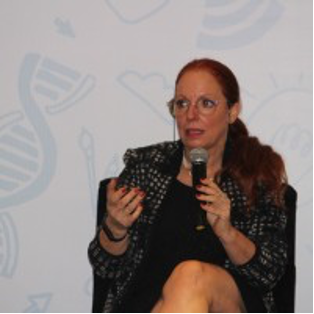Antonio Pinheiro
Description of Activities
The quality evaluation has been instrumental for the success of JPEG standards, notably its first standard JPEG 1, JPEG 2000, or more recently JPEG XL.
Fellow's country
Impact on society (6th Open Call)
The work carried out in our working group, has several direct societal impact,including:
Sustainable Growth - Digitisation of European Industry: As these techniques are very important for the future evolution of multimedia technology. Even if this models do not reach the general public, they are already used in specialized markets, like maintenance and health applications.
Sustainable Growth - Robotics and autonomous systems: Plenoptic models have been considered for instance for autonomous driving. Radiance Fields are technologies developed for robotic applications.
Key Enablers - Artificial Intelligence: Learning based solutions are currently being researched for data representation. JPEG AI and JPEG Pleno Learning based Point Cloud Coding are already two projects that use Learning based technology to enable data representation with very low bit rates . and also for Internet of Things (IoT): These models will provide reliable formats for the 3D description of the environment, which by its nature is of special importance fro IoT technology.
Sustainable Growth - Digitisation of European Industry: As these techniques are very important for the future evolution of multimedia technology. Even if this models do not reach the general public, they are already used in specialized markets, like maintenance and health applications.
Sustainable Growth - Robotics and autonomous systems: Plenoptic models have been considered for instance for autonomous driving. Radiance Fields are technologies developed for robotic applications.
Key Enablers - Artificial Intelligence: Learning based solutions are currently being researched for data representation. JPEG AI and JPEG Pleno Learning based Point Cloud Coding are already two projects that use Learning based technology to enable data representation with very low bit rates . and also for Internet of Things (IoT): These models will provide reliable formats for the 3D description of the environment, which by its nature is of special importance fro IoT technology.
Linkedin Profile
Open Call
Organisation type
Organization
niversidade da Beira Interior & Instituto de Telecomunicacoes
Portrait Picture

Proposal Title (6th Open Call)
Contributions to JPEG Pleno and AIC Standardisation for Light and Radiance Fields
Standards Development Organisation
StandICT.eu Year
2026
Year
Topic (6th Open Call)


